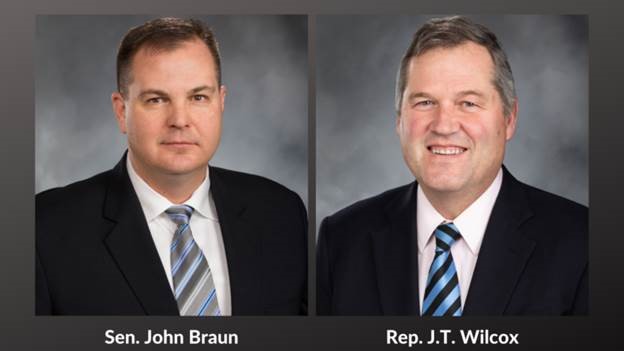Governor’s delay of ‘Washington Cares’ tax won’t prevent January deductions from paychecks
OLYMPIA…In response to new information about how the governor’s delay of the long-term care tax won’t stop tax collections in January, Senate Republican Leader John Braun of Centralia and House Republican Leader J.T. Wilcox of Yelm issued this statement:
“The governor’s announcement last week that the ‘Washington Cares’ long-term care tax would be delayed led everyone to believe that the tax would not be collected from their paychecks come January. State employees received notice that only those who have already been granted an exemption to the program will not have the tax deducted. Otherwise, the tax will be collected as originally planned. How is this a delay? How has the governor helped matters? He hasn’t. The governor’s announcement changed nothing. The only thing it did was publicly acknowledge that the program is a mess.
“We need to go into a special session before the state begins collecting the tax and repeal this bill – even if it’s over the holidays, using virtual technology to meet on short notice. The program is so unpopular that more than 400,000 Washingtonians applied for an exemption and thousands of others want out but couldn’t get a private policy before the deadline. Why? Because the way the law is written drove insurance carriers to pull out of Washington.
“Under the current law, it is legally questionable if anyone who has the money deducted from their paycheck won’t receive it back – not even if they are granted an exemption. People are angry. The governor stands to make them even angrier if he fails to have the legislative branch address this before January 1.”












